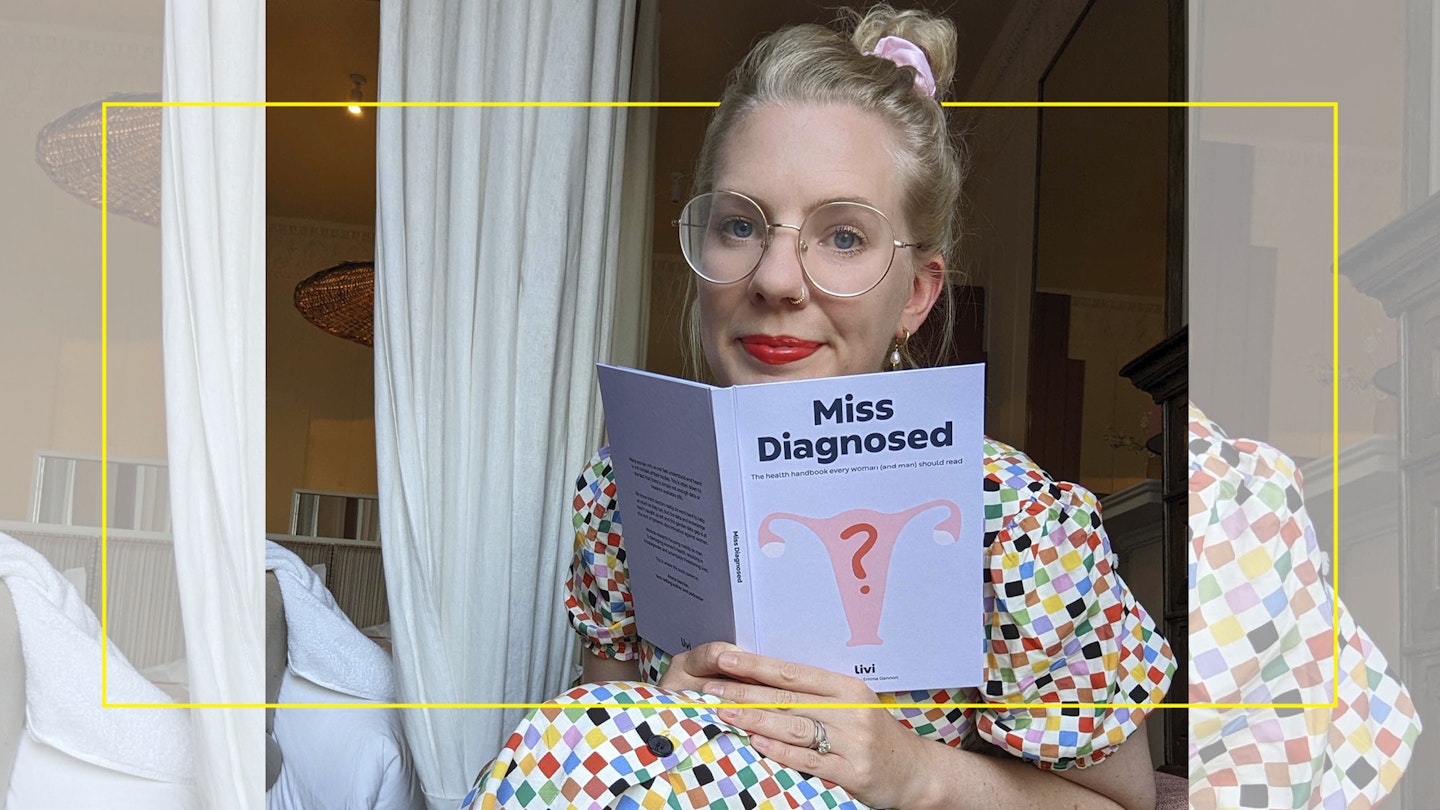For centuries, women were told they had ‘hysteria’. Throughout the 18th and 19th century, this was considered a diagnosable physical illness; a legitimate “disorder” explaining women’s predisposed ‘unexplainable’ conditions.
There has been a long and painful relationship between women and medicine — written off as not understanding our own psyche and body, which still extends in some ways to modern day life.
Many women still do not feel understood and heard in the context of their bodies. This is often down to the fact that there is simply not enough data or research available, so we are left going around in circles, wondering what is wrong with us as we move through a patriarchal world.
In fact, over half (57%) of women feel they haven’t been diagnosedproperly by a healthcare professional, while 34% believe their doctor has failed to take their symptoms and health concerns seriously, according to research by the digital healthcare app, Livi. This is a huge number of women still feeling they can’t get the medical help they need – and that needs to change.
This isn’t about ring-fencing these stats as ‘female issues’: it’s about a lack of female specific research. Thanks to medical studies predominantly being focused on men’s health, women are left to suffer potentially life-threatening misdiagnoses.
Wait times across the National Health Service are longer, thanks to mounting pressure on doctors and nurses from every angle. But, even when women are seen, we wait longer to have our symptoms correctly understood. In fact, 10% of women said it took 7-12 months and 11% waited a gruelling 1-2 years for correct diagnosis while 29% don’t think they are properly diagnosed even then. This cannot be normalised.
Modern life is busy and stressful, especially for many women who still carry so much of the hidden domestic and emotional load. Plus, there are various things that can get in the way of us getting help: worries that we’re wasting doctor’s time, putting appointments off because we’re scared, feeling like we’re helpless or don’t have a minute to book an appointment, or questioning whether our symptoms are even ‘serious’ enough to take to a professional.
Women are still ignored, underpaid and squashed down in so many areas of life, that perhaps it’s no wonder we sometimes doubt ourselves even when our bodies are giving us the signal that something isn’t quite right.
Although ‘empowerment’ often feels like an overused word in feminist lexicon, there is a way to feel like you’re in control of your own body in the face of medical misogyny: education. I’ve written the foreword for a handbook by the digital healthcare platform Livi: Miss Diagnosed, which aims to close the gender health gap and better educate on women’s health. Every woman and man should read it.
And if you’re a doctor, you should know that nearly a third of women don’t believe you’re trained in all aspects of women’s health. That should be shocking to read in 2022. But Livi are offering free training, not just to their own GPs but to other doctors around the UK via live stream events to educate you further.
This has already been effective in previous training sessions for clinicians across the UK whose knowledge on menopause-related symptoms rose from an average score of 4.6 out of 10 to 8 out of 10 by the end of the seminar. That just proves that even if you’re an expert in your field—you can always learn more.
In my books, (Dis)Connected and Ctrl Alt Delete, I write about my passion for technology and the opportunity we have to use it to connect, campaign and change the world for the better. Livi’s digital healthcare platform can help this happen, connecting us more easily to a doctor and allowing a better flow of communication when we need it the most.
The research suggests that digital convenience could really help in terms of healthcare and equality, it provides vital access for marginalised groups, offering options that may not be available in a physical setting.
I’m so glad that technology is fighting back against medical misogyny and that this Ebook now exists for women and their allies to arm themselves with more essential information. And you can download it here, completely free of charge.
